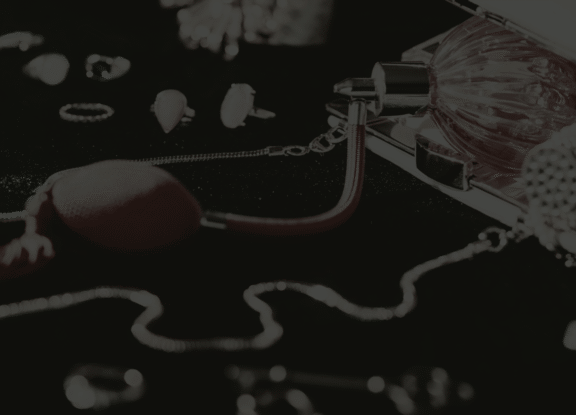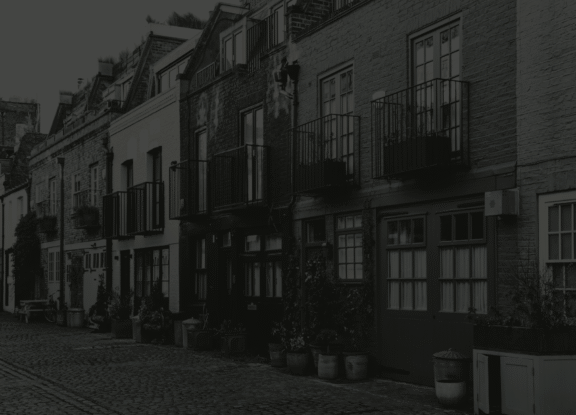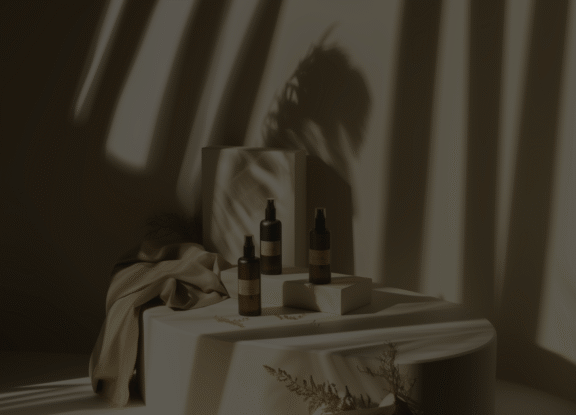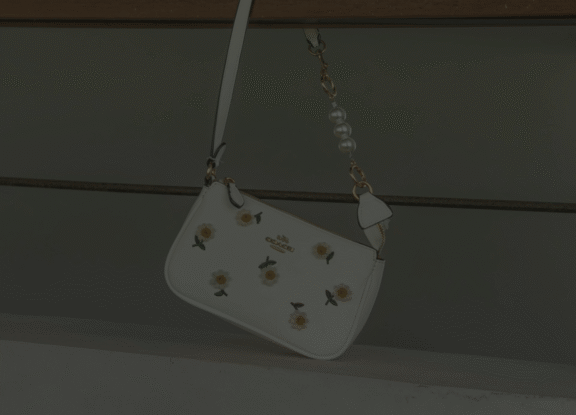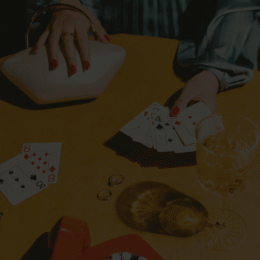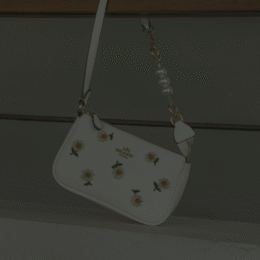Ever wonder how some brands charge £45 for hand soap while you’re nervously mumbling your £5K offer?
If you’re constantly explaining your value, negotiating your rates, or secretly doubting your worth — you’re pricing like a service provider, not a luxury brand.
In this dispatch, we’re unpacking the exact “say less, do less” principles that turned Aesop into a billion-dollar empire—without discounts, negotiating in your DMs, or desperate justifications.
This Business of Luxury dispatch is for experts, founders and coaches who deliver exceptional results but feel stuck trying to price with authority.
It’s time to say your price without cringing.

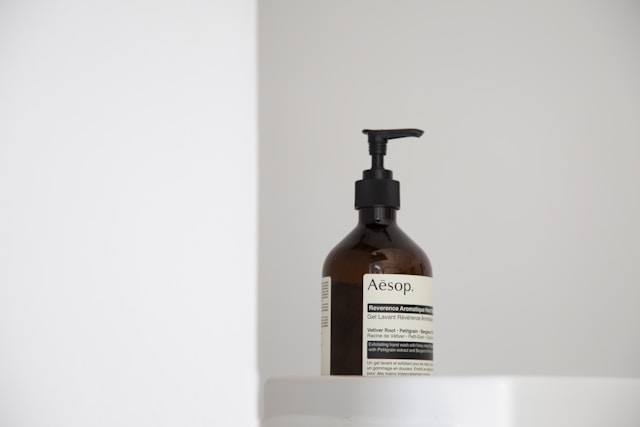
When Dennis Paphitis started selling botanical hand soap in 1987, nobody predicted it would become a $2.53 billion luxury empire that L’Oréal would fight to acquire.
Here’s what’s fascinating: Aesop didn’t win by offering more. They won by offering less.
No flashy advertising. No celebrity endorsements. *No discounts, ever. Just expensive hand soap in architecturally stunning stores that feel more like art galleries than retail spaces.
And here’s the kicker – it worked so well that their annual growth rate sits at 20%, roughly double the global beauty market average.
The psychology behind Aesop’s pricing strategy reveals everything wrong with how personal brands approach their own pricing. Because while you’re busy justifying why you’re worth £5K, Aesop sells £45 hand soap without explaining anything to anyone.
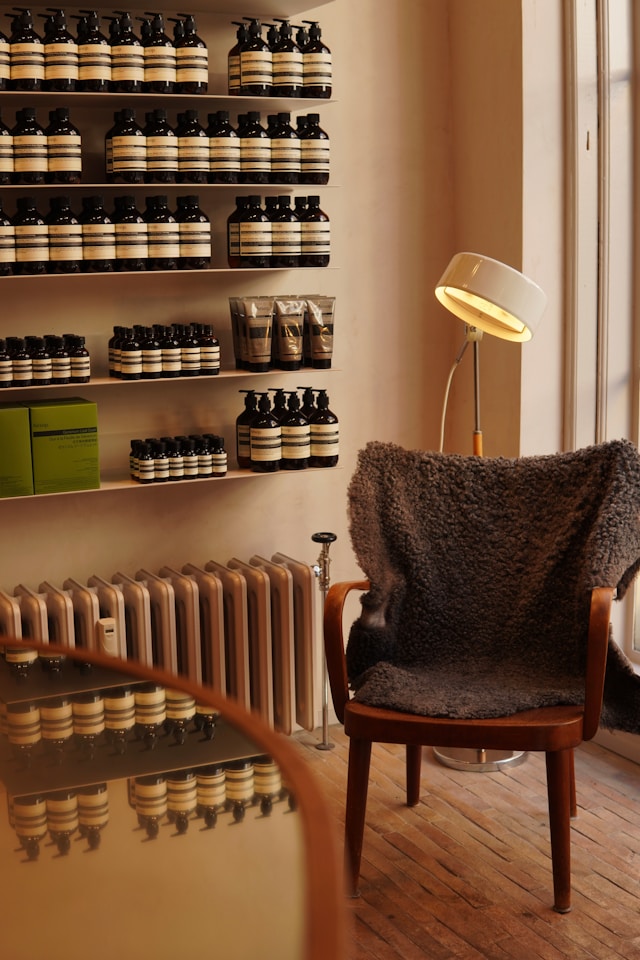
The Restraint Principle That All Luxury Brands Understand
When most brands want to charge premium prices, they add features. More modules. Longer calls. Extra bonuses. More, more, more.
Aesop did the opposite. They removed everything unnecessary:
- Removed aggressive advertising (while competitors spend millions on campaigns)
- Removed discount culture (strict no-sales policy since day one)
- Removed mass availability (limited to upscale boutiques only)
- Removed product explanations (minimal copy, maximum mystique)
This isn’t about being difficult. It’s about understanding luxury psychology: scarcity creates desire, abundance destroys it.
When you can get something anywhere, anytime, at any price – it becomes a commodity. When access is controlled, curated, and selective – it becomes coveted.
The dirty secret? Your pricing struggles aren’t about your skills or experience. They’re about your positioning psychology.
If you want 10 more psychological secrets luxury brands use to command premium prices and more, access my email series to learn luxury psychology in 2-mins a day.
Why “Justifying” Your Price Kills Your Authority
Every time you explain why your £15K intensive is worth it, you’re training your market to question your value.
Luxury brands never justify their pricing because justification implies negotiation.
Imagine haggling for a Chanel handbag… *eye roll*
Think about it: Aesop doesn’t explain why their hand soap costs £45. They don’t compare ingredients to cheaper alternatives. They don’t offer payment plans or early-bird discounts.
They simply exist at that price point. The price becomes part of the brand identity, not a barrier to overcome.
Here’s the brutal truth: if you don’t believe your pricing at a cellular level, your clients will sense that misalignment immediately.
Because pricing isn’t just about what you charge – it’s about who you become when you state that number.
- Do you straighten your spine or shrink?
- Do you speak with conviction or add qualifiers?
Aesop’s founders priced from philosophical conviction, not spreadsheet calculations. They believed they were creating something exceptional, and they priced accordingly. The market followed.
The secret to luxury pricing isn’t adding more value. It’s claiming the value that already exists. Here’s exactly how to apply Aesop’s strategy to your personal brand pricing…
Subscribe to keep reading
This post is free to read but only available to subscribers. Join today to get access to all posts.
